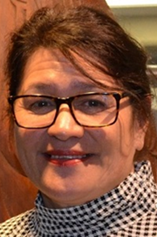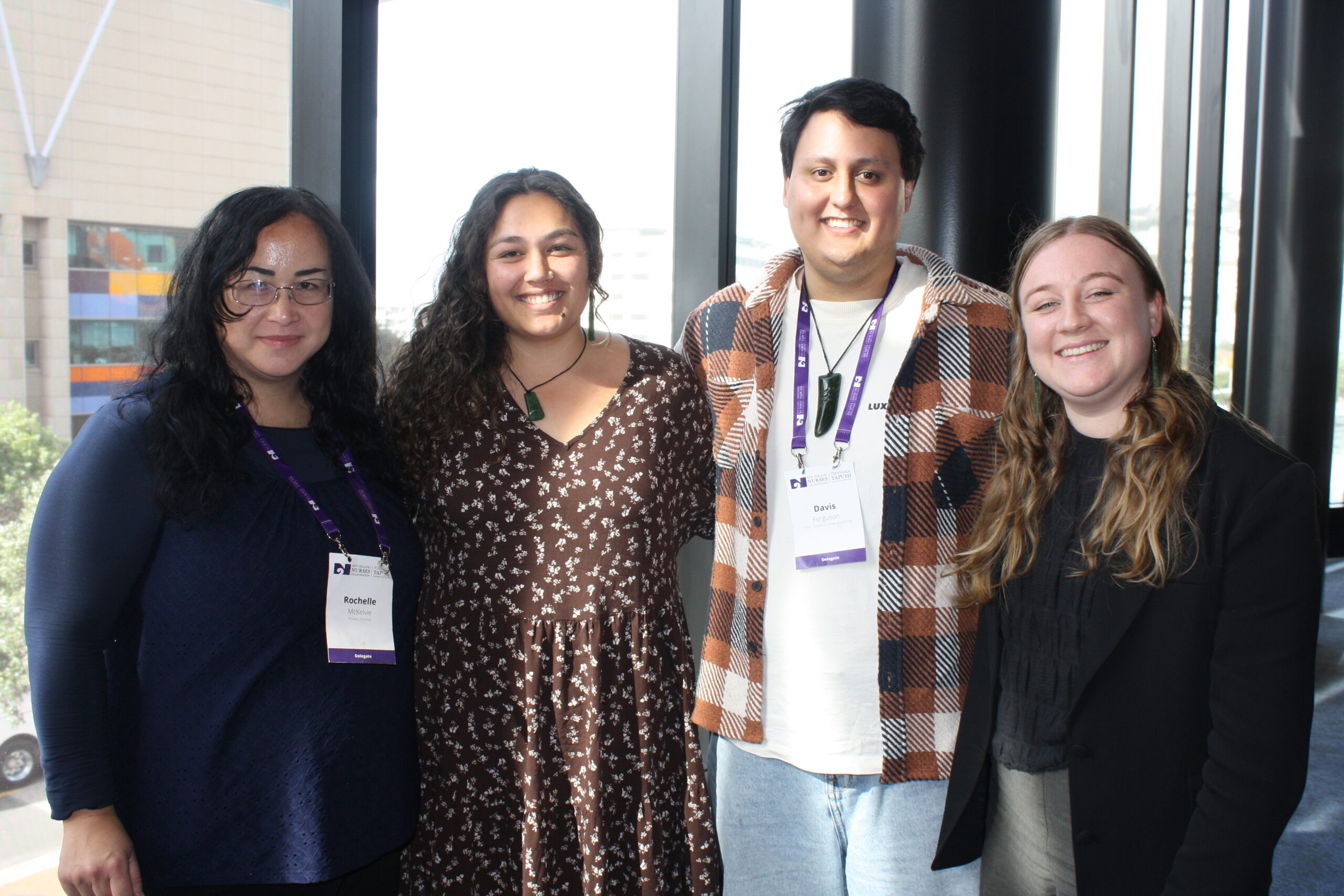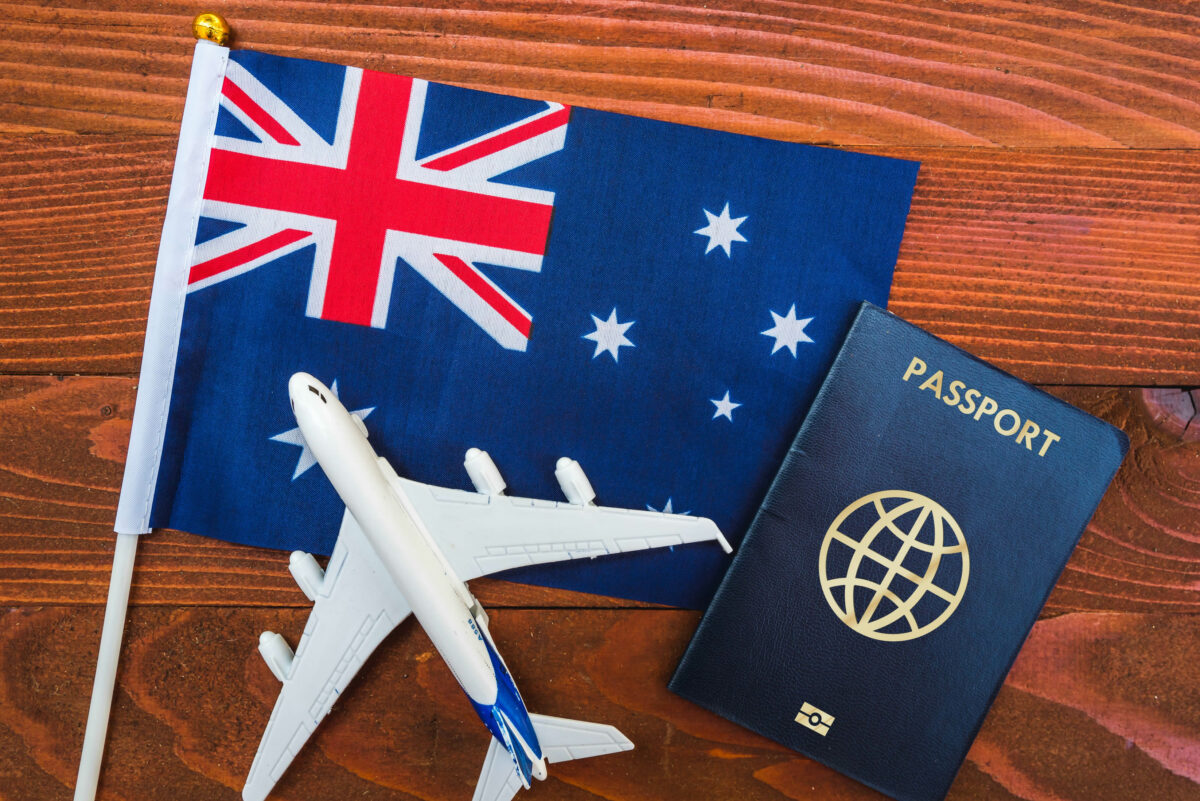New Zealand ‘too hard’ for Māori

NZNO kaiwhakahaere Kerri Nuku said she knew of Māori nurses and other health workers who were heading to Australia to escape the heightened racial pressures in Aotearoa currently.
“They say it’s too hard to be Māori at the moment. If you place the cultural burden on them as well as the pressures in the system — they just need a break from it,” she told Kaitiaki. “They can go to Australia and be respected in the workforce without that cultural pressure — and they will be paid well.”
Along with a hostile political environment with proposals such as the ACT Party’s Treaty Principles Bill, Nuku said there were often extra cultural burdens placed on nurses in the workplace.
It was somewhat bittersweet that she observed on a recent visit that there appeared to be more strategies in Queensland to support Māori nurses and patients than in New Zealand’s own health workforce plan.
And it’s mostly driven by internationally-qualified nurses (IQNs) who have given up on New Zealand, says IQN leader Saju Cherian.
‘New Zealand used to be a dream destination for overseas nurses — but there is no chance at all anymore’
“New Zealand used to be a dream destination for overseas nurses,” he told Kaitiaki. “But there is no chance at all anymore — no-one gets jobs here, so all the IQNs . . . are applying for registration over there.”
Nursing Council director of policy, research and performance Lauren Prosser confirmed most of those leaving would be IQNs.
The number of “verification of good standing” to work in Australia requests the council had received from NZ-qualified nurses had remained stable over the past 18 months, at around 10 per cent of total requests. That suggested the growth was primarily driven by IQNs who had registered in NZ, she said.
Cherian said the loss of skill would be felt for years — and showed a “complete failure” in workforce planning.

“It’s a huge loss — and it’s not just the IQNs, it’s also the New Zealand-trained nurses and Māori,” said Cherian, who is a Palmerston North nurse and NZNO board member. “We’re already short of nursing numbers for Māori and Pasifika and even those nurses are moving to Australia.”
Even those in work were fed up with unsafe staffing and low pay and had lost hope under the current cost-cutting Government, he said.
“The new grads cannot find a job and they’re moving — and even the experienced nurses are moving.”
IQN numbers have grown rapidly and now make up 46 per cent of the nursing workforce here, according to Nursing Council statistics, after being put on the immigration fast-track during the COVID-19 pandemic. They are primarily from the United Kingdom, Ireland, India and the Middle East, the council’s quarterly report shows.
But this year — along with New Zealand’s own nursing graduates — many have been unable to find work as Te Whatu Ora’s belt-tightening bites.
‘Heart-breaking’ loss, say students
NZNO — Tōpūtanga Tapuhi Kaitiaki o Aotearoa student co-leader Bianca Anderson said it was “heart-breaking” but not surprising so many nurses were leaving given the uncertain job market here.
‘It’s a huge loss — and it’s not just the IQNs, it’s also the New Zealand-trained nurses and Māori.’
“People need money – they need to pay their rent, afford to live and feed their families.”
Last month, Te Whatu Ora said it could only employ just over half the nursing graduate cohort intead of the usual 80 to 90 per cent.

Growing exodus
Over the 2023/24 year*, 11,989 nurses from New Zealand registered to practice in Australia, under the Trans-Tasman Mutual Recognition Act — which recognises a shared set of professional standards across the two countries.
That compares to 2022/23, when 7848 nurses from New Zealand registered to practice across the ditch — a rise of 53 per cent.
A breakdown of the 2024 figures show about 700 to 900 leaving each month until May, when the number leaps to 1533 and stays around there for the rest of the year.
Stories of Te Whatu Ora’s financial troubles began emerging in May.
“It’s heart-breaking for the health system here because it means we’re losing key resources to other countries instead of building it up on our country,” she told Kaitiaki.
“It’s only going to continually impact our patients and the staff who stay in New Zealand. It’s going to add to the patient safety and understaffing issues we face and the burnout of the current workforce.”
NZNO kaiwhakahaere Kerri Nuku said such a significant exodus meant Aoteaora was losing a valuable investment which would take a long time to rebuild.
‘The new grads cannot find a job and they’re moving — and even the experienced nurses are moving.’
But given the lack of support here, she didn’t blame them.
“Given that we’ve seen a workforce strategy that’s looking at the status quo, rather than building up an increased workforce, I think that might reflect the sentiment: Why stay in New Zealand where there isn’t support for recruitment and retention of a workforce, and not look for greener pastures?”
No jobs?
In April, Te Whatu Ora revealed it was under pressure to cut millions in spending to get it back on budget. Nurses and kaiāwhina said there was no cover for sick, annual and maternity leave, and that staff weren’t being replaced — despite shortages on the floor. Meanwhile, hundreds of internationally-qualified nurses struggled to find work after being fast-tracked into New Zealand during the COVID-19 pandemic and global nursing shortages .
By June, there was a hiring freeze on what chief executive Margie Apa said applied only to non-frontline roles.
However, reports of a pause on recruiting mid-year graduates quickly became public. While denied by Te Whatu Ora, only three in five graduates were eventually hired compared to the normal 80 to 90 per cent.
Since then, hundreds more nursing graduates have been turned away from Te Whatu Ora — many saying they would head to Australia.
Te Whatu Ora said it had hired enough nurses. However, emails released to Kaitiaki reveal its nursing leaders’ challenges in finding enough entry-level graduate roles in an “environment of financial restraint.”
Apa told Parliament’s Health Select Committee this month usually it would take 80 to 90 per cent of nursing graduates.
Nurses from NZ registered to practice in Australia
| 2020/21 | 2021/22 | 2022/23 | 2023/24 | ||||
|---|---|---|---|---|---|---|---|
| Nurses Registered | % change | Nurses Registered | % change | Nurses Registered | % change | Nurses Registered | % change |
| 1,268 | -23.5% | 2,968 | 134.1% | 7,848 | 164.4% | 11,989 | 52.8% |
- Figures supplied by the Australian Health Practitioner Regulation Agency. The figures are taken over the Australian financial year, which runs from July 1 to June 30.





